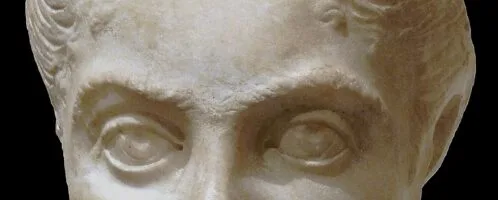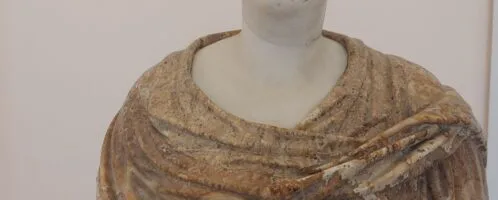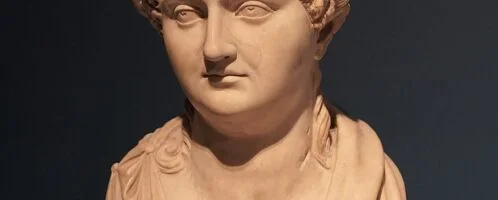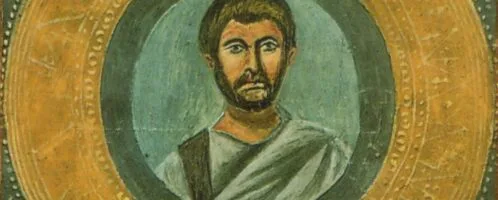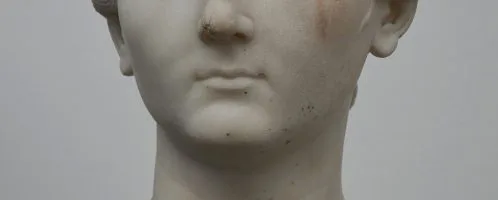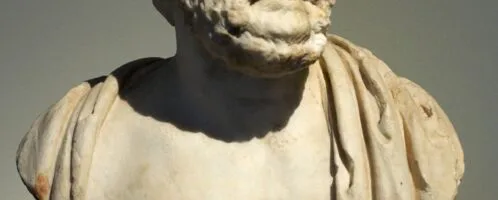Fausta
(after 290 - 326 CE)
The life of Constantine the Great was not an easy one. He had to face more and more new problems, and the higher he climbed in his political career, the more of them there were. The emperor had an ambitious and clever woman at his side - Fausta. One time she saved his life by defending him from his own father. However, this made Constantine decide to get rid of her.

